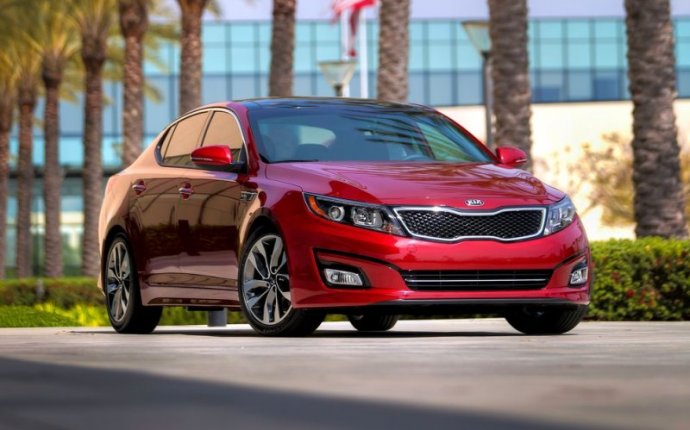
Cars with air Conditioned Seats
Different car manufacturers implement air-conditioned seating in different ways. However, the standard model for air-conditioned seats, developed by scientists at the Department of Energy's National Renewable Energy Laboratory (NREL), works like this: The fabric of the car seat is a porous mesh, so air can flow through it. Multiple fans inside the seat produce air circulation, which blows through a diffusion layer that spreads the cooling effect throughout the seat and outward through the mesh, cooling the surface. This air may or may not be refrigerated. Even unrefrigerated air is important in keeping you cool in your car seat. A standard car seat blocks your body's built-in cooling system. Ordinarily you eject heat through your pores in the form of water vapor, which carries the heat invisibly into the air. Having a seat pressing against your back and bottom prevents this water vapor from escaping, causing it to condense into sticky sweat. It's like wearing a jacket in hot weather. But the porous covering of an air-conditioned seat allows your body's natural cooling system to work even when sitting down and keeps you cool by circulating air across your skin. The moving air carries your body's heat away.
But some air-conditioned car seats also use a cooling element. Like most air conditioners, these work on a compression, condensation, expansion cycle. For more details, see How Air Conditioners Work. The short version is that air conditioning operates on a very simple principle: When a gas (in this case referred to as a refrigerant) is compressed, it becomes warmer and when it expands it becomes cooler. This principle can be used to remove the heat from a room, a car, or even a car seat and carry it elsewhere. Until recently, the gas most commonly used as a refrigerant in air conditioning systems was Freon, the commercial name for a chlorofluorocarbon (CFC) manufactured by DuPont. However, CFCs have been found to be destructive to the Earth's atmosphere, creating holes in the ozone layer and contributing to global warming, and are now considered too dangerous for general use. So Freon has been largely replaced in automobile air conditioners by the hydrofluorocarbon HFC-134a.











